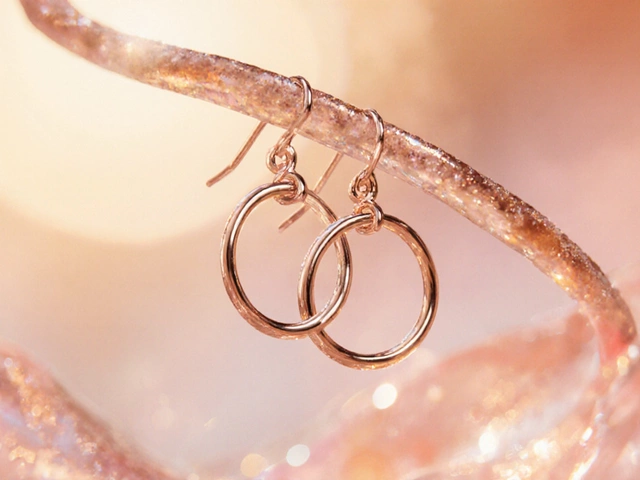Law Essentials Every Jewellery Shopper Should Know in India
If you love shiny things, you’ve probably wondered whether you’re getting a fair deal. The good news is that Indian law actually protects you when you buy gold, silver or gems. Knowing a few key rules can keep you from paying too much or ending up with a fake piece.
Why Knowing the Law Matters
The jewellery market is huge, and not every seller follows the same standards. The government, through the Bureau of Indian Standards (BIS), sets rules for hallmarking, purity stamps and pricing. When a shop follows those rules, you get a clear promise that the metal is real and the price is honest. Ignoring the law can lead to hidden charges, low‑purity metal, or even a legal fight later.
Key Legal Points to Check Before You Buy
1. Hallmark and purity marks. Look for the BIS logo on gold pieces and stamps like 916 (22 karat) or 875 (21 karat). Silver should show 925 or 833. If the mark is missing, ask for a certificate – the seller is obliged to provide one under the Hallmarking Act.
2. Invoice details. A proper invoice must list the weight, purity, making charge and total price. It’s not just paperwork; it’s proof you can take to a consumer court if something goes wrong.
3. Return and exchange policy. The Consumer Protection Act gives you a 7‑day window to return faulty jewellery. Make sure the shop displays the policy in writing; verbal promises are hard to enforce.
4. Pricing transparency. Gold and silver rates change daily. Reputable sellers will show the current market rate on a board or screen. If they quote a price without showing the base rate, that’s a red flag.
5. Certification for gems. Diamonds, rubies and other stones should come with a GIA or IGI report. The report lists carat weight, color, clarity and cut – all required under the Gems and Jewellery Act.
When you spot any of these missing pieces, politely ask the seller to provide them. Most honest shops will comply because the law requires it.
What to do if you suspect fraud? First, ask for a BIS verification at the nearest lab – they can test purity on the spot. If the seller refuses, walk away and report the shop to the local consumer forum. You can also file a complaint with the BIS regional office.
Remember, the law isn’t there to scare you; it’s there to make buying jewellery smoother. By checking hallmark, invoice, price display and certification, you turn a simple purchase into a protected transaction.
Finally, keep all paperwork in a safe place. If you ever need to sell or insure the piece, those documents become your strongest proof of authenticity and value.
Bottom line: a few minutes of legal check‑up can save you weeks of hassle and a lot of money. Use these tips next time you shop, and enjoy your jewellery with confidence.
Is It Legal to Carry a Kirpan? Global Laws You Should Know
The Kirpan, a ceremonial dagger carried by Sikhs, raises questions about its legality worldwide. Laws differ significantly across countries, ranging from restrictions in public spaces to exemptions for religious reasons. Understanding these legal frameworks is vital for Sikhs practicing their faith. This article explores how different nations address the carrying of a Kirpan, providing useful insights for anyone navigating these regulations.




